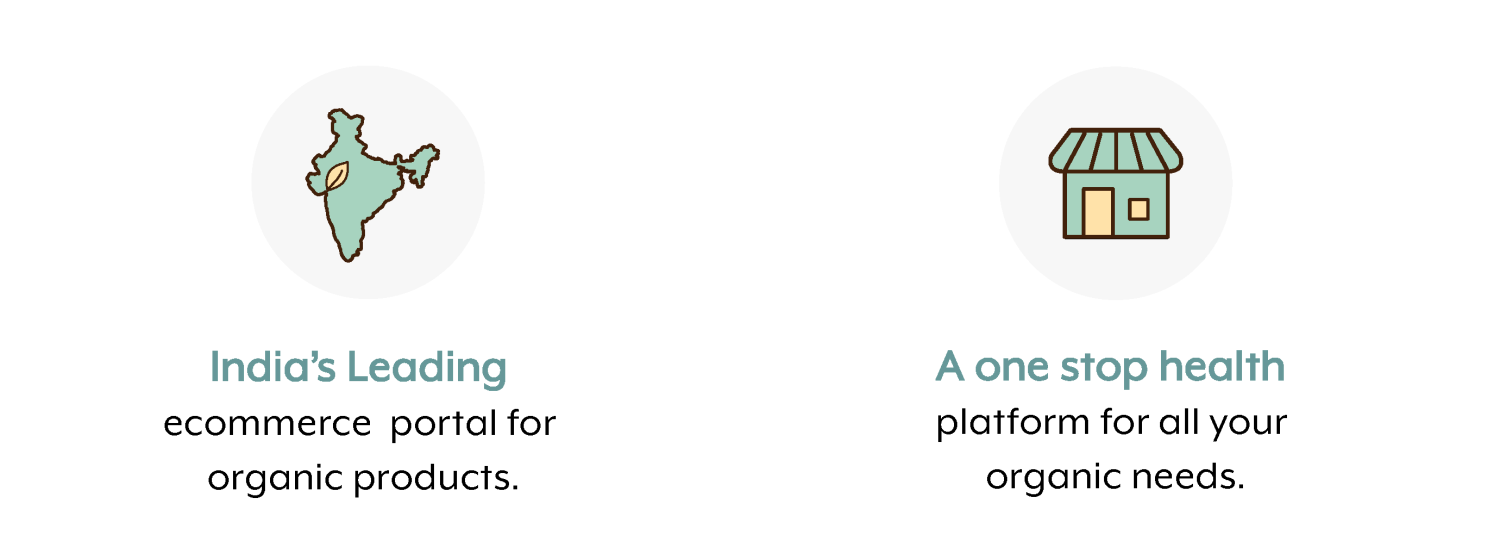
Organic Farming: A Path to Food Security & Wellness
Sowing the Seeds of Tomorrow: How Organic Farming Ensures Food Security, Health, and Sustainability in India
Introduction:
Organic farming is more than a method of cultivation; it’s a way of life rooted in sustainability. With India facing challenges like soil degradation, declining nutrition in food, and environmental pollution, organic farming has emerged as a powerful solution. This eco-conscious approach addresses critical issues of food security, public health, and environmental protection.
Understanding Organic Farming:
Organic farming relies on natural processes, avoiding synthetic pesticides, fertilizers, and GMOs. It nurtures biodiversity, enhances soil fertility, and promotes sustainable crop production.
Benefits of Organic Farming:
- Ensuring Food Security: Organic farming improves soil health, leading to higher productivity in the long term. By fostering crop diversity, it ensures resilient food systems, vital for a populous country like India.
- Promoting Better Health: Crops grown organically are free from harmful chemicals, reducing the risk of chronic diseases. They are often richer in essential nutrients, making them a healthier choice for Indian households.
- Safeguarding the Environment: Organic farming minimizes water pollution, reduces greenhouse gas emissions, and enhances biodiversity. It aligns perfectly with India's climate goals and sustainability initiatives.
Why Organic Farming Is the Solution for India:
Video Reference: Organic Farming Can Be the Solution for Food Security, Health, and Environment in India by Rainmatter by Zerodha.
Modern farming has boosted crop yields but has compromised food safety. Excessive use of chemicals, unhealthy practices, and food mishandling has created serious issues:
- Chemical Contamination: Pesticides and synthetic fertilizers leave harmful residues in food, threatening consumer health.
- Nutrient Deficiency: Overuse of chemical fertilizers depletes soil, resulting in food with lower nutritional value.
- Health Risks: Prolonged exposure to chemically treated food can lead to serious illnesses, especially for children, seniors, and those with weaker immunity.
- Adulterated Foods: Many foods are laced with unsafe additives to enhance appearance or extend shelf life, making them dangerous for consumption.
- Unhygienic Foods: Poor handling, storage, and preparation of food can lead to contamination, causing food poisoning and other health risks.
These challenges underline the importance of adopting cleaner, safer, and more sustainable farming practices to protect our health and ensure the quality of the food we eat.
Conclusion: Organic farming provides a holistic solution to food safety challenges by eliminating harmful chemicals, improving soil health, and producing more nutritious food. It ensures safer, healthier food for everyone and promotes a sustainable, long-term approach to agriculture. Additionally, organic farming helps combat food adulteration and unhygienic practices by promoting clean, natural cultivation methods and better food handling. By reducing reliance on harmful additives and ensuring higher hygiene standards, organic farming offers a safer, cleaner food supply for all.
Let’s cultivate a better tomorrow, starting with the soil beneath our feet and the food on our plates.




